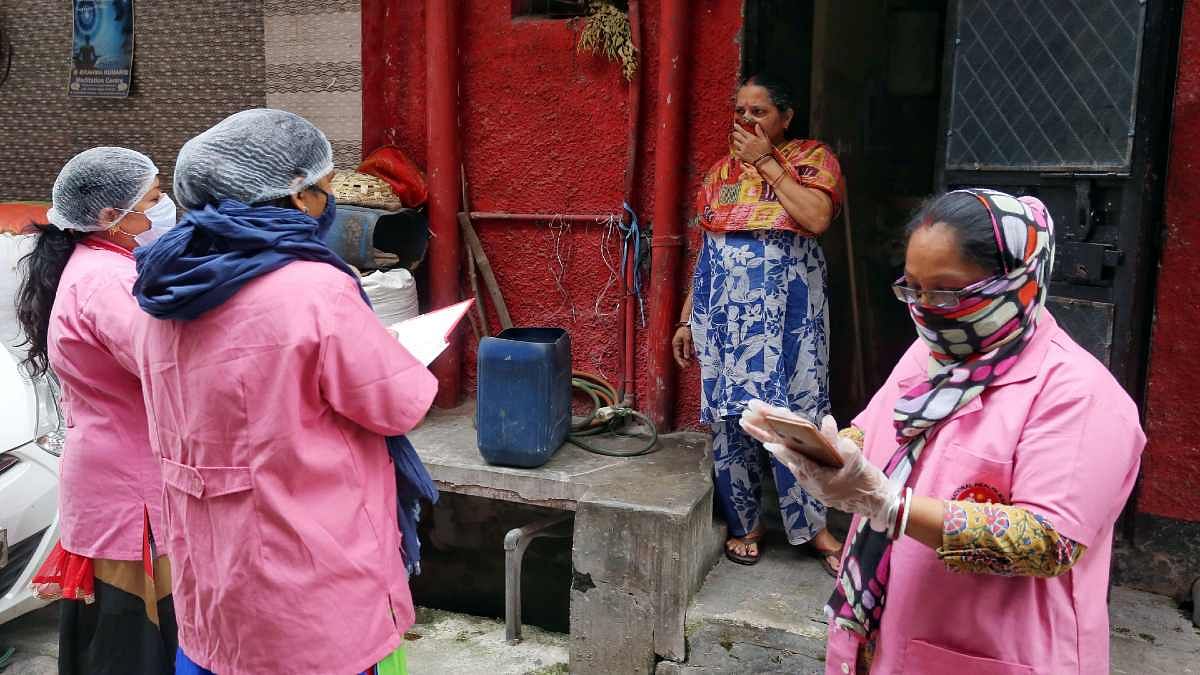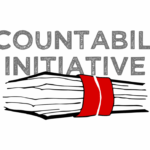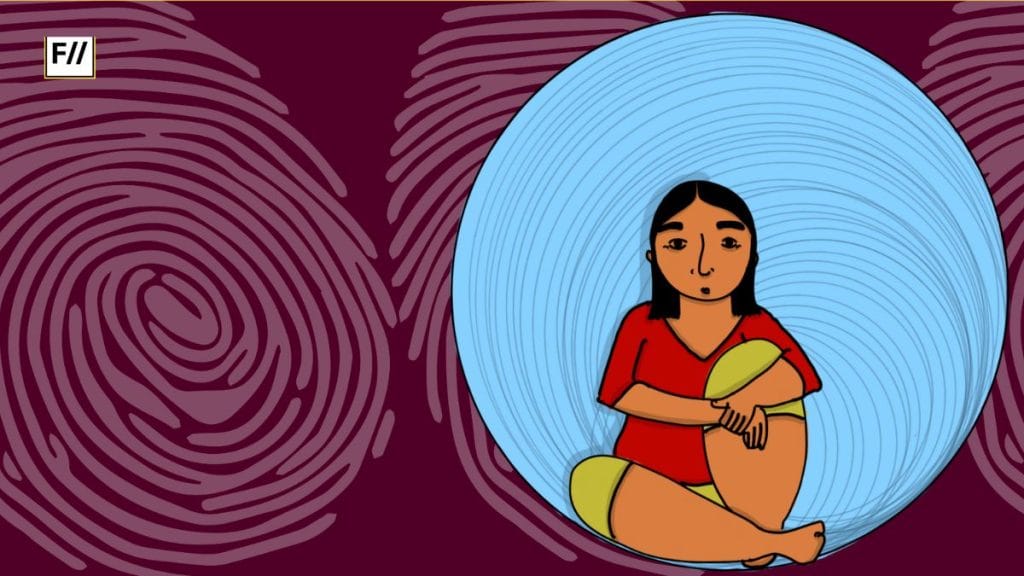This interview was conducted as a part of a research study funded by the Azim Premji University under the COVID-19 Research Funding Programme 2020. The study delves into the experiences of frontline workers in Rajasthan and Himachal Pradesh during the COVID-19 pandemic.
It was conducted with an Accredited Self Help Activist (ASHA) worker in Kangra, Himachal Pradesh on 12 January 2021 in Hindi, and has been translated.
Also read: Frontline ASHA Worker Says Not Receiving Masks, Gloves & Sanitisers
Q: During the past several months, you have been involved with pandemic-related work. Can you give a brief overview of what your pandemic and non-pandemic duties were?
ASHA: My work mostly involves going to people’s houses and conducting surveys. I also have to keep a check on people who are coming into the village from outside, quarantine them, make them aware about COVID-19, and ensure that they don’t have any issues related to food because these people are usually quarantined in a building outside the village.
I am also doing routine immunisation, which stopped for a month in the beginning of the pandemic. At that time, we were only immunising for emergency cases, but immunisations resumed around April or May 2020. Since then I have been juggling both pandemic and non-pandemic work.
I also have another set of tasks related to COVID-19 vaccination. I have to survey people who are above the age of 50 years and take their Aadhar Card information. This information will be used to administer vaccines to the elderly population.
Q: What has motivated you to come to work and carry out your activities during the pandemic?
ASHA: My family has been very supportive, and that is my biggest motivation. My husband encourages me to work harder every day. He also helps me with my work.
I am a patriot. If my country is going through something bad, something within tells me that despite the challenges, it is my duty to serve. This has also been a huge motivating factor.
One major letdown is the salary. It’s difficult to meet my monthly household expenses, and I hardly save anything. For COVID-19 work, I received only around Rs. 3,000-4000 in total, which is low for the kind of work I have done.
Q: Have you faced challenges in carrying out your work?
ASHA: One of the biggest challenges was that the area under me was huge so I had to walk for at least three kilometres every day to do my surveys. If I took public transport, I had to pay from my own pocket. There was no reimbursement.

One of the biggest challenges was that the area under me was huge so I had to walk for at least three kilometres every day to do my surveys. If I took public transport, I had to pay from my own pocket. There was no reimbursement.
This one time, I was going for survey work, and some men started passing comments at me. They were saying bad things about my work as a frontline worker and were also passing judgements on my character. It was late in the evening and I was really scared, so I reached out to the police for help. They were helpful and they handled this situation for me by talking to those men.
Another challenge is that this work is exhausting. I have had to work in the Primary Health Centre (PHC) till 9-10 PM. I have also done late-night surveys. I leave home at 8 AM, and so I get very tired by the end of the day.
Another challenge is that this work is exhausting. I have had to work in the Primary Health Centre (PHC) till 9-10 PM. I have also done late-night surveys. I leave home at 8 AM, and so I get very tired by the end of the day.
Also read: After The Pandemic, This ASHA Worker Says She Can Work Any Serious Situation
People are scared of the virus and of testing positive, so they are hesitant to even get checked. This is a huge challenge and risks the lives of many.
More experiences can be found on the dedicated Inside Districts platform.
This piece is a part of the Inside Districts series which was launched in April by research group Accountability Initiative (AI) at the Centre for Policy Research. The series has interviewed frontline workers and district and lower level government officials in five states. It was first published by Accountability Initiative of Center for Policy Research here.
Featured image source: Deccan Herald
About the author(s)
Accountability Initiative is a research group which works on strengthening transparency and accountability in governance, aiming to increase citizen engagement in policy making and implementation.






